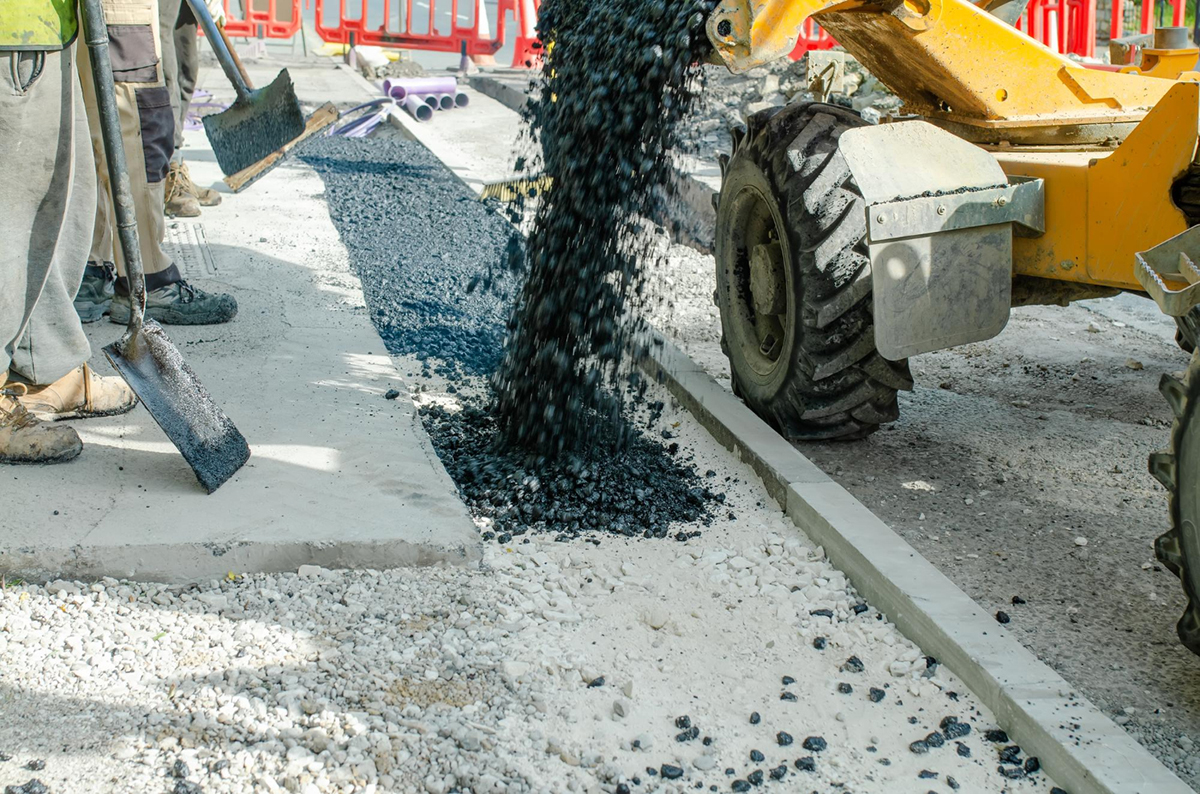
If you are considering sealcoating your property, you may have heard the terms “coal tar” and “asphalt emulsion” mentioned. These two types of sealers are often used interchangeably, but there are some key differences that can help you make a more informed decision about which sealer is best for your particular needs. In this blog post, we will outline the pros and cons of coal tar versus asphalt emulsion sealer to help you make an informed decision.
The most common type of sealant is coal tar. This type of sealant has been used in asphalt paving for many years. It is known for its durability and wear-resistance, meaning it can stand up to heavy traffic without cracking or wearing away. Additionally, it is resistant to oil spills, gasoline spills, water penetration, and ultraviolet rays from the sun. Coal tar also provides a deep black color that is aesthetically pleasing.
However, there are some drawbacks to using coal tar as a sealant as well. For one thing, coal tar contains high levels of PAH (polycyclic aromatic hydrocarbons), which can be dangerous if ingested or inhaled in large amounts over long periods of time. Additionally, coal tar does not adhere as well as other types of sealants such as asphalt emulsion because it is thicker and harder to spread evenly across the pavement surface.
Asphalt emulsion is becoming increasingly popular due to its low cost and ease of use. It adheres well to existing pavement surfaces with minimal preparation required before application, making it a great choice for DIY projects or those on a tight budget who don’t have time for extensive preparation work prior to applying the sealer themselves. Additionally, asphalt emulsion doesn’t contain any PAHs so there are no health risks associated with its use or disposal.
On the downside, asphalt emulsion doesn’t last quite as long as coal tar–typically only 2-3 years compared to 5+ years for coal tar–and it tends to fade more quickly than other types of sealants due to its lighter coloration when first applied (which becomes darker over time). Additionally, asphalt emulsions don’t offer quite the same level of protection against oil or gasoline spills since they aren’t quite as thick or durable as some other types of sealants such as coal tar-based products.
Both coal tar and asphalt emulsion provide excellent protection for your pavement surfaces when properly applied by professionals; however each has its own advantages and disadvantages that should be taken into consideration before deciding which type of product is right for your particular project. Be sure to consult with a professional contractor who specializes in residential or commercial asphalt sealing services in Orlando before making your final decision so that you can get advice on which product would be best suited for your particular needs and budget! Requesting a free estimate from Florida Sealcoating today will ensure that you get the best quality service at an affordable price!